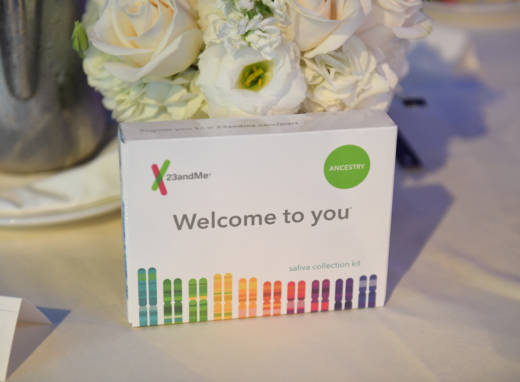“These are already very vulnerable communities, and this would potentially put their private information at risk,” Falcon said. “Essentially we’re solving one violation of their civil rights basically with another.”
In a statement, a 23andMe spokeswoman says, “We are well aware that genetic data contains highly personal information and we want to ensure that it is handled confidentially and with the consent of anyone tested. Providing our testing through legal services ensures attorneys of the families can protect their privacy by only using this data to assist in reunification efforts. It’s incredible to see the community come together to help bring these families back together.”
When it comes to help, Falcon says what’s really needed are attorneys and translators to assist parents in locating and petitioning for their children — something they must now do.
She says some of the chaos stems from having two separate intake systems for parents and children, and no easy way to connect the two. That is, she says, assuming the intakes are even filled out properly.
“There are border patrol and ICE deputies who are not marking people as parents as they do the intake and those parents are being deported,” Falcon said.
She said a Central American client was told if he did not sign deportation papers, he wouldn’t see his daughter. He signed and was deported without her.
“I think we need to be cautious of trying to make quick fixes because families being separated by this system is not a new thing. While we are all talking about this right now, families often get separated by the shuffle of the immigration system, and the current administration is just muddying this process even further by constantly changing the way that they’re doing things,” Falcon said.
Federal agencies say they’re working to set up a centralized system for reunifying families after a parent’s case has been decided, a process that can sometimes take years.
In a statement Saturday evening, the Department of Homeland Security said that U.S. Customs and Border Protection had reunited 522 children in its custody who were separated from adults as part of the “zero tolerance” policy. DHS says it expects that 16 kids whose reunions had been delayed because of inclement weather will be returned to their parents by the end of Sunday.

